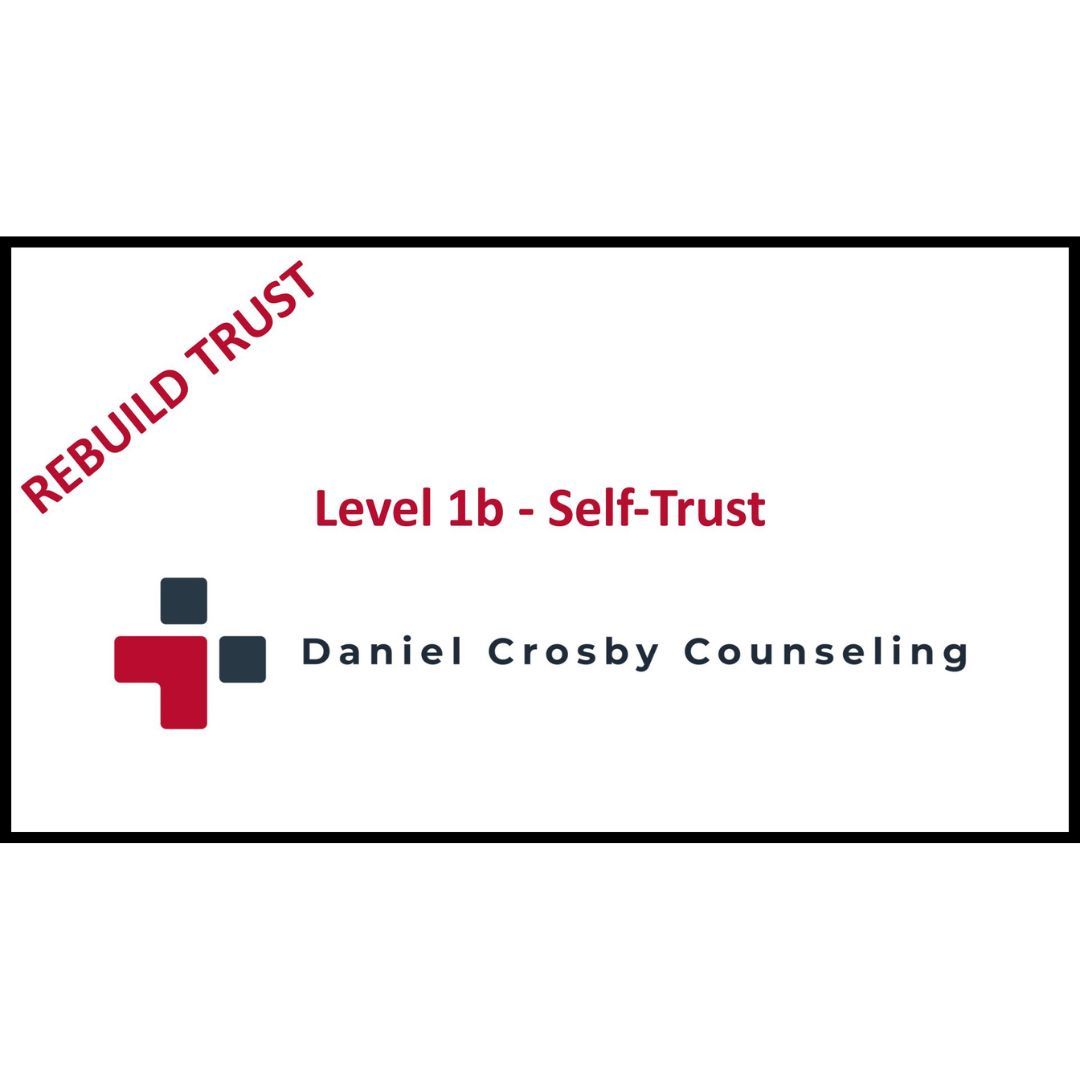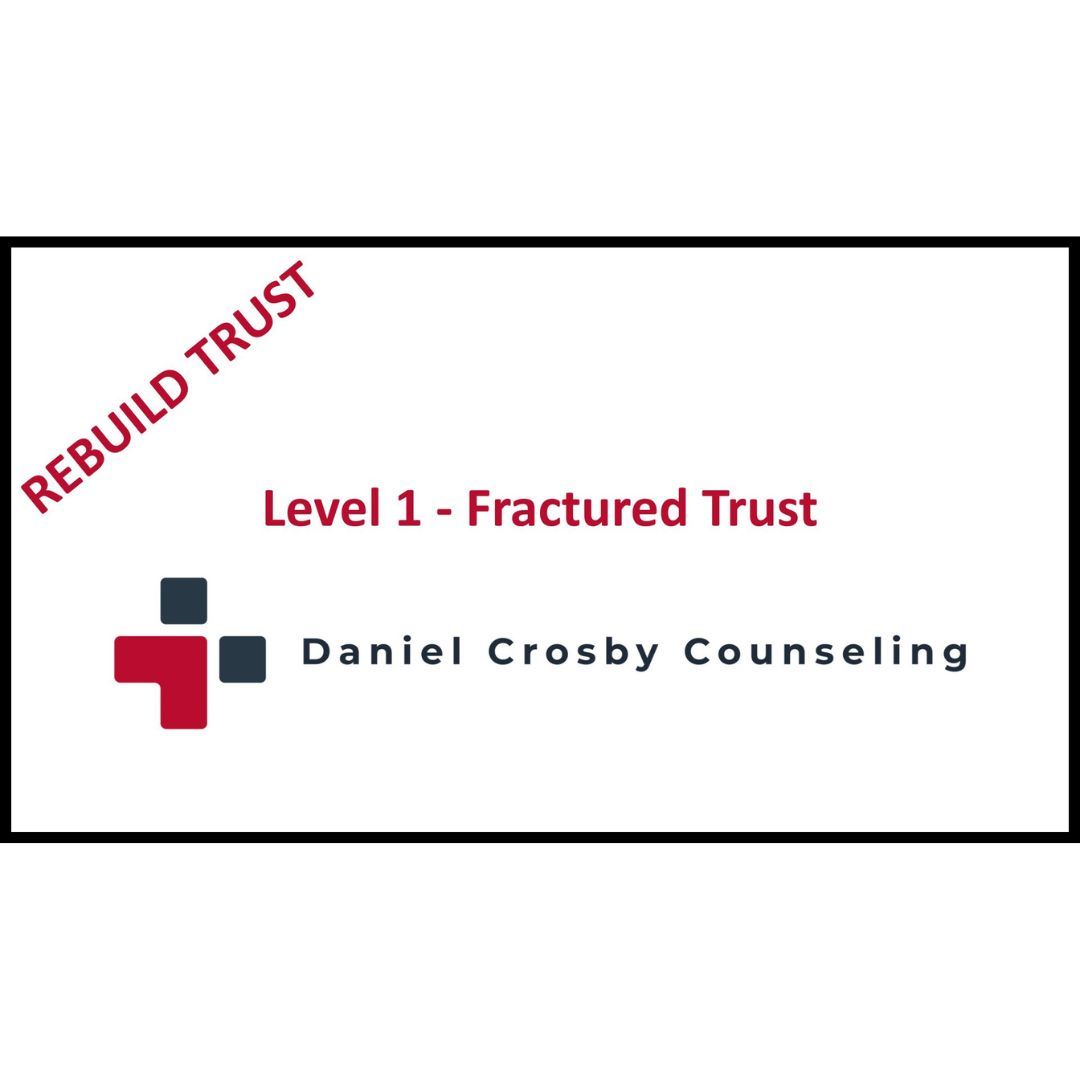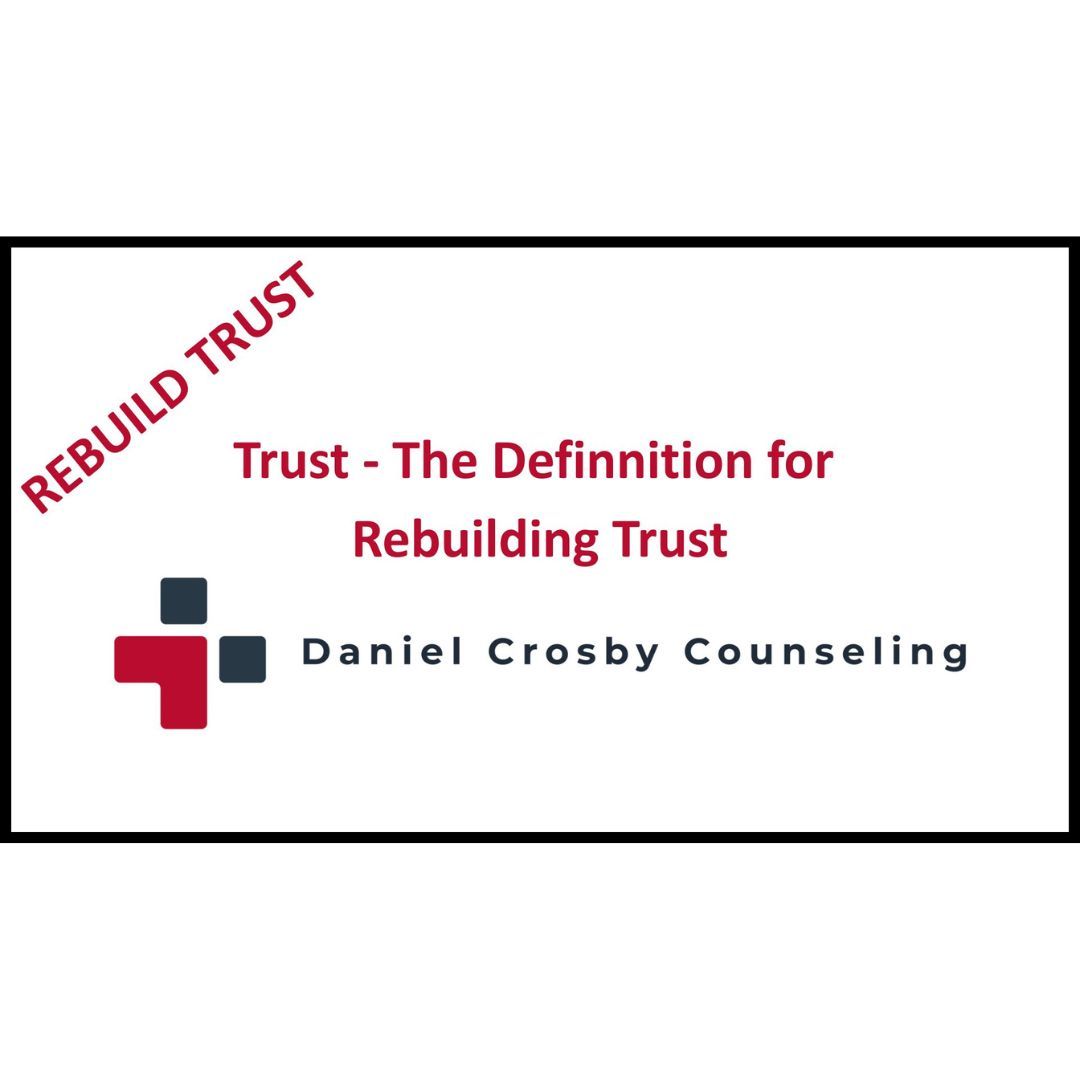Help Heal My Marriage - 14. "You Can't Handle The Truth!"
Daniel Crosby • January 27, 2025
14. “You Can’t Handle the Truth!”
That’s a quote by Jack Nicholson. If you haven’t seen the move “A Few Good Men” then it’s a classic!
Ok, so what if I told you that your spouse is your best thermometer?
Don’t feel good? Feeling hot? “Let’s take your temperature and see if you have a fever.”
“I’m not sure if the turkey is done. Let’s check the temperature to see if it’s cooked all the way though.”
The thermometer doesn’t lie. It’s just a measure telling you what’s going on inside.
When it comes to our marriage, the person closest to us can be extremely important at giving us a reading at how we’re doing. The problem is this: In relationships, we’re often least likely to listen to agree with those who are closest to us.
Are you secure and humble enough to recognize that your spouse might be giving you a big ol’ dose of loving Truth? What about if what they’re saying is True even though they’re presenting it in a horribly unloving way? Maybe it’s still true.
Here are 3 ways to handle the hard truths:
1. Pick one part – “You might be right about that first part.”
Criticism is never easy to stomach, especially if it is delivered poorly, but consider 1 part of what your spouse said that might be true. This will help build a bridge of agreement.
2. Ask a question – “How would you have said it differently?”
Rather than defend or offer a rebuttal, ask a follow up or clarifying question to their criticism. It shows you’re engaged and willing to listen.
3. Thank your spouse for the feedback – “Thanks for telling me this rather than just holding it in and letting us get into one of those fights we usually get into. I’ll think more about what you said.”
Let them know that you’re safe to come to even if you disagree. Telling someone they’re wrong usually just creates alternating protests.
It’s Go Time:
The next time someone offers you some constructive (or not so constructive) feedback, try one of the above approaches and see if it doesn’t make the conversation go a lot more smoothly.
Every day I help hurting frazzled people by walking with them as they get back on the path toward becoming who God created them to be. Shoot me an email if there’s anything I can do to help you or someone you know. daniel@danielcrosbycounseling.com

Level 1b: Self-Trust After betrayal, many people don’t just lose trust in their partner, they lose trust in THEMSELVES. “Did I miss the signs?” “Was I naive?” “Can I ever trust my own judgment again?” Rebuilding self-trust is not about becoming fearful or suspicious of everyone. It’s about reconnecting with your perceptions, instincts, and internal signals and learning to respect them again. Maybe you sensed something was off but talked yourself out of it to preserve the relationship or the family. That doesn’t mean you’re bad it means you were trying to do the right thing and ended up getting bit. This level runs through EVERY stage of trust rebuilding. Even as your partner becomes more consistent, your work is to begin to listen to your inner self again. When self-trust grows, you’re no longer relying entirely on your partner’s behavior to feel safe. You begin to carry safety inside yourself again. For the partner who caused the harm: Be patient. Support your partner in regaining confidence in their own feelings and reality. Avoid defensiveness, minimizing, or anything that resembles gaslighting. For the betrayed partner: Practice trusting your instincts and emotional responses. Recall times when you listened to your gut well. Reestablish what you will and will not accept in a relationship and honor those boundaries consistently.

Level 1: Fractured Trust After a betrayal trust shattered. People in this level say, “Everything feels broken. I don’t know if I can ever trust again.” That makes sense, because betrayal doesn’t just hurt your heart; it disrupts your sense of reality and safety. But you’re still here; still considering what repair might look like. The fact that you haven’t walked away entirely says there’s a part of you that hopes healing might be possible. Level 1 is not about forgiveness or resolution. It’s not about moving on. It’s about honesty, stabilization, and finding safety again. This is also a time to avoid impulsive emotional decisions. You don’t have to decide the future today. You just have to survive today and take good care of yourself. You don’t have to know yet whether trust can be rebuilt. Right now, the only question is: Can we create enough safety for healing to begin? And that… is a powerful place to start. For the partner who caused the harm: Acknowledge the pain without defending, minimizing, or explaining it away. DO NOT SAY: “I didn’t mean to,” or “It wasn’t that bad,” or “You’re overreacting.” SAY THIS: “I see the damage. I take responsibility. I’m willing to repair.” Your tone, attitude, and consistency matter more than your words right now. For the betrayed partner: Your work is not to “get over it,” but to let the pain be real without letting it control your life. Try not to distract or numb yourself to the point that you can’t feel anything. This is where trusted friends, a good therapist, or a pastor can come alongside you to help.

Before we jump into the Levels of Trust, it's important that we have a good working definition of how to rebuild trust. "AUTHENTIC CONSISTENCY WITH TRANSPARENCY OVER TIME" Authentic - This cannot be manipulative, spiteful, fake, or contrived. It is humble, cheerful, and freely given. Consistency - Tell me what you're going to do and then do it. Transparency - Whatever you do, do it wide open. No hidden actions, agendas, or ulterior motives. Time - Do it over and over again for as long as it takes. Focus on this definition as we jump into the Levels next time!

